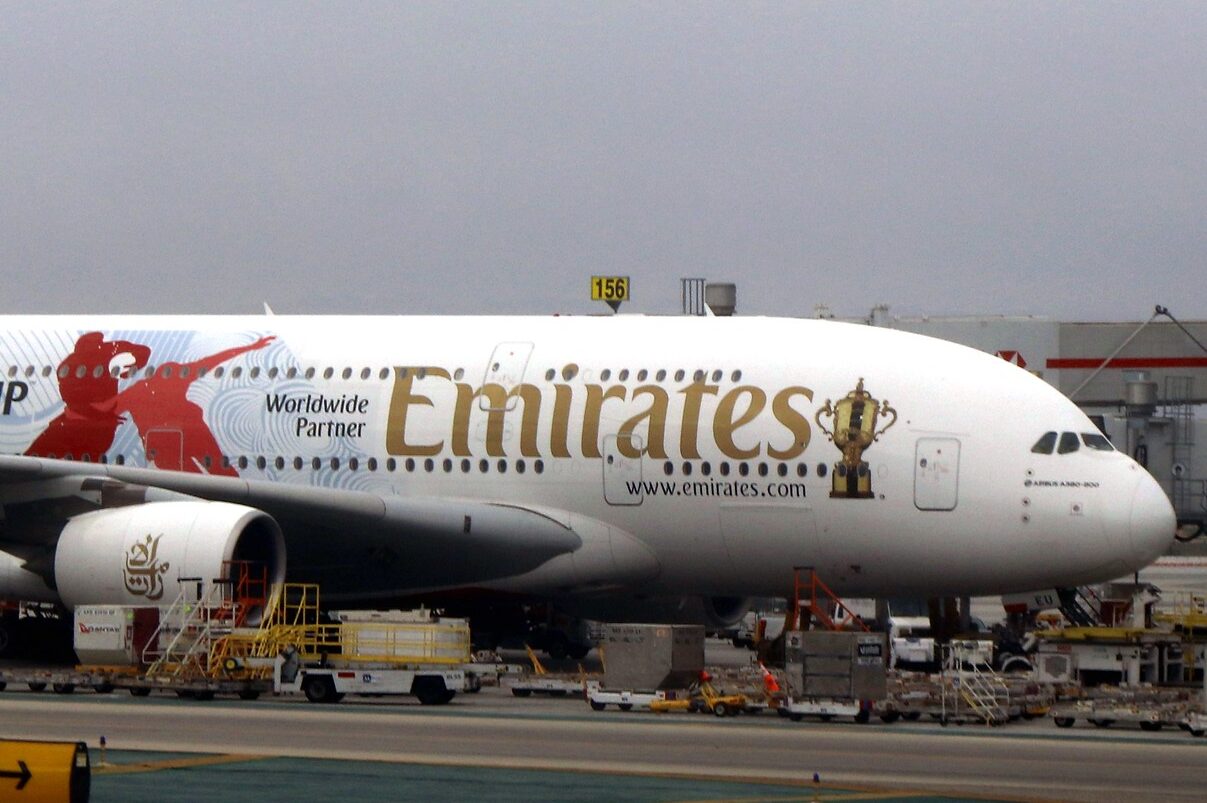Emirates Makes $52 Billion Deal With Boeing At Dubai Airshow

Skift Take
In the presence of the Dubai's crown prince, Emirates orders another $52 billion-worth of new aircraft, showing that both the emirate and the airline are doing just fine despite regional tensions.
Dubai's national carrier Emirates has ordered an additional 90 aircraft from Boeing in a $52 billion mega-deal the entire industry was waiting for today. Announced on day one of the Dubai Airshow, the deal brings Emirates' total orders to 295 aircraft.
The deal was made in the presence of the emirate's crown prince.
Emirates-Boeing Deal:
x55 777-9 aircraft x35 777-8 aircraft powered by GE-9X engines x202
